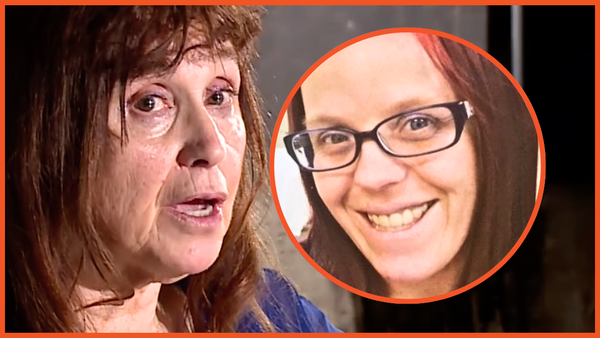
A popular children's pastime in Brazil has taken a deadly turn. A father of three was tragically killed when a glass-coated kite string slit his throat as he rode his motorbike through a Rio suburb, reigniting urgent calls to outlaw the lethal material known as cerol.
Auriel Missael Henrique, 41, was travelling with his wife on 3rd June 2025 in Duque de Caxias when the razor-sharp string—used in competitive kite fighting—became entangled across the road and fatally struck his neck. Despite efforts to save him, Henrique died at the scene, bleeding out on the street.
The Grim Reality of Brazil's Kite-Fighting Craze
Kite fighting is a traditional game in Brazil, especially among teenagers, where players try to cut down opponents' kites using reinforced strings. But cerol—string coated in crushed glass or metal—turns the game into a public safety hazard.
According to the Daily Mail, Henrique was struck by a cerol-laced string likely dangling from utility wires. He had been on his way to visit his daughter when the fatal incident occurred.
Users on X expressed horror, calling the tragedy a 'freak accident' and condemning the continued use of cerol. Yet Henrique's death is not isolated. The Independent reports that at least five people have died from similar incidents since 2020, with many more injured.
The cultural appeal of the game stands in sharp contrast to the mounting body count, with cerol strings posing a threat not only to fellow players, but to unaware pedestrians, cyclists, and motorcyclists.
Calls Grow Louder for a National Crackdown
In the wake of Henrique's death, a proposed bill in Brazil's congress aims to ban the manufacture, sale, and use of cerol nationwide. As reported by the Daily Mail, the bill proposes jail terms of one to three years and fines of up to £3,800 ($5,157).
The outcry on social media has been swift. Posts on X described cerol as a 'public safety nightmare'. Others argue the problem lies not in the tradition, but in how it is managed—suggesting education campaigns and safer materials instead of criminalisation.
However, the low cost of cerol—often made at home for under £1—makes enforcement particularly challenging. It also raises difficult questions about how to balance cultural traditions with community safety.
Small Measures Could Save Lives
Preventing future tragedies like Henrique's goes beyond legislation. Experts suggest banning cerol alone won't be enough. Public education, increased awareness, and designated kite-flying zones may offer more immediate relief.
Henrique's wife, who was riding pillion, escaped physical harm but was traumatised after watching her husband bleed to death. His children, aged 21, 19 and 6, now face life without their father.
Simple reforms—like mandating non-lethal kite string or restricting use to specific areas—could prevent similar outcomes. But for now, cerol remains a widespread and underestimated danger.







